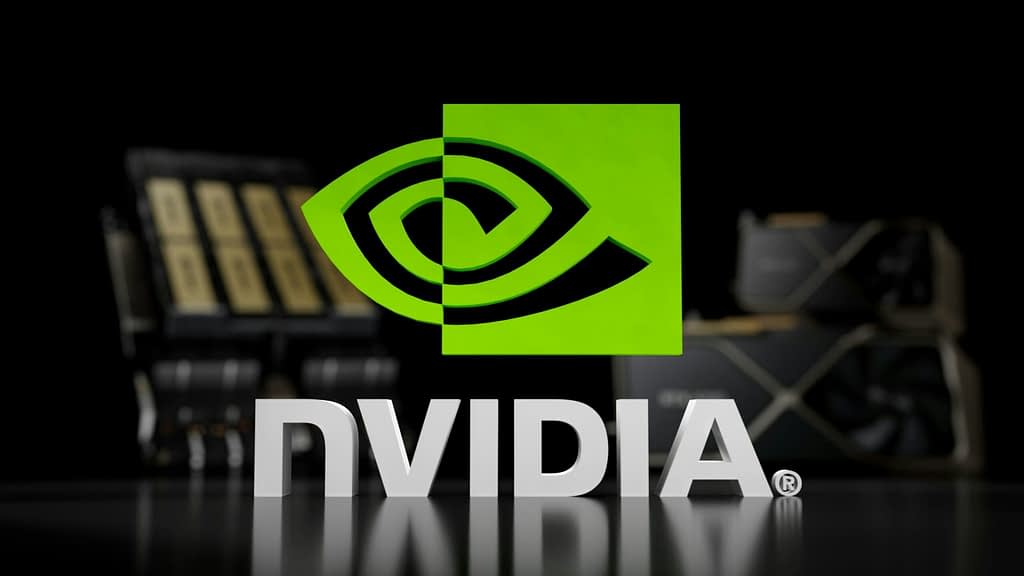The Trump administration has banned Nvidia Corp. from selling its H20 chip in China, escalating the tech conflict between Washington and Beijing. This move will cost the company billions of dollars and severely restrict a product line specifically designed to comply with previous US limitations.
New Restrictions and Financial Impact
The US government informed Nvidia on Monday that the H20 chip will “indefinitely” require a license for export to China. The new rules address Washington’s concerns that “the covered products may be used in or diverted to supercomputers in China.” Nvidia warned it will report approximately $5.5 billion in writedowns during the current quarter related to inventory and commitments tied to this chip.
Following the announcement, the company’s shares fell by about 6% in late trading, triggering a widespread selloff of semiconductor stocks from the US to Japan:
- South Korean chipmakers Samsung Electronics Co. and SK Hynix Inc. saw declines around 3%
- Shares of Advanced Micro Devices Inc., which competes with Nvidia in the AI chip market, also dropped
Continuation of Tough Stance Toward China
The new restrictions are one of the clearest signals that Trump will continue Washington’s efforts to limit China’s semiconductor and artificial intelligence ambitions. His team had been considering such a move since the beginning of his term, as Bloomberg reported in January, building on discussions initiated under President Biden.
Trump’s Commerce Secretary Howard Lutnick promised to be “very strong” on Chinese chip restrictions—particularly after the emergence of AI startup DeepSeek. He recently imposed sanctions on dozens of Chinese companies that Trump officials claim are aiding Beijing’s military efforts.
In China’s chipmaking arena, Huawei Technologies Co.’s AI accelerators are the closest competitor to Nvidia’s and AMD’s products, though they still lag significantly in terms of performance.
History of Restrictions and Nvidia’s Response
US officials first banned Nvidia and other AI chipmakers from selling their most advanced models to China in October 2022, citing concerns that the technology could give Beijing a military advantage. Since then, controls on China have expanded to include an increasingly large set of semiconductor manufacturing tools and a wider range of processors and high-bandwidth memory chips essential for AI applications.
Nvidia designed the H20 chip in response to measures from 2023 that restricted another China-focused processor, the H800, which the company introduced after the initial restrictions. The H20 is intended to be less powerful and doesn’t perform as well as Nvidia’s top-tier offerings for model training. Nevertheless, it can still be used to develop and operate AI software and services, and is particularly suitable for the inference stage—the point where AI models recognize patterns and draw conclusions.
Estimated Financial Impact
According to Bloomberg Intelligence analysts Kunjan Sobhani and Oscar Hernandez Tejada, Nvidia’s writedown suggests the company may miss out on $14 to $18 billion in annual revenue. “If restrictions persist, Nvidia’s data center exposure to China could normalize to low to mid-single digits, similar to early 2024 levels,” they stated in their report. This was before H20 production ramped up.
Future Outlook
The new restrictions present challenges for both Nvidia—which specifically engineered the H20 chip to comply with previous US export controls—and for Chinese AI companies, which now face licensing hurdles to acquire the chip and utilize its powerful inference capabilities for widespread AI deployment and sustained innovation.




